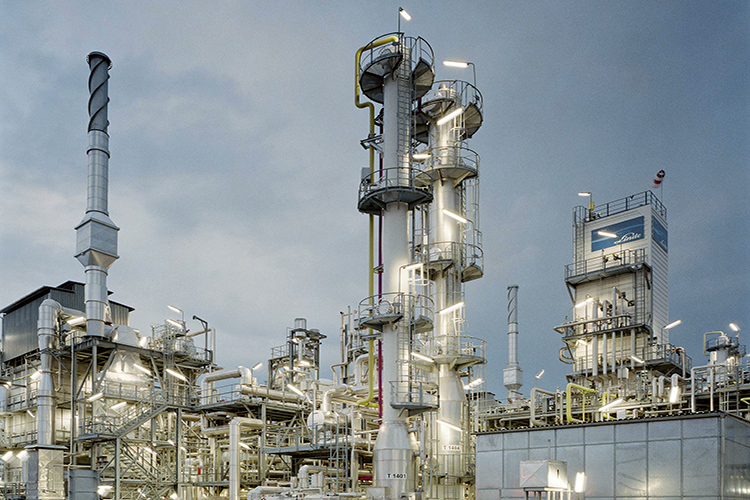In a significant move towards achieving sustainable energy goals, Professor Ajay Kumar Sood, the Principal Scientific Adviser (PSA) to the Government of India, spearheaded the first meeting to explore biomass cultivation on degraded land for green biohydrogen production and bioenergy generation. The meeting, held at Vigyan Bhawan Annexe, New Delhi, brought together key stakeholders from government ministries, knowledge partners, and research institutes.
The primary focus of the meeting was to discuss the utilization of degraded, barren, and uncultivated lands for biomass cultivation, with an aim to produce green biohydrogen. This initiative marked the beginning of a comprehensive discussion series among stakeholders to develop an action plan for enhancing green hydrogen production from biomass.
In his opening address, Prof Ajay Kumar Sood highlighted that one of the key objectives of the National Green Hydrogen Mission is to initiate focused pilots for biomass-based green biohydrogen production. He emphasized the importance of understanding the biomass cultivation ecosystem of the country and gathering inputs on biomass and degraded land availability.
The meeting witnessed presentations from various experts and officials. Dr Rajesh Gokhale, Secretary of the Department of Biotechnology (DBT), discussed prospects for seaweed cultivation as biomass for bioenergy production, aligned with India’s Deep Ocean Mission. Dr A Velmurugan, Additional Director General (Soil & Water Management) at the Indian Council of Agricultural Research (ICAR), presented on biomass production for green energy using various plants, including algae, molasses, and sugarcane.
Dr Prakash Chauhan from the National Remote Sensing Centre (NRSC), Indian Space Research Organisation (ISRO), discussed the Bhuvan portal for data on biomass availability from agri-residue and data on degraded land mapping, underlining the importance of data for understanding the potential of biomass.
The meeting concluded with a summary by Dr Parvinder Maini, Scientific Secretary, Office of the Principal Scientific Adviser to the Government of India, emphasizing the need for biomass cultivation in both land and marine ecosystems. Prof. Sood re-emphasized the need to identify biomass for cultivation and government-owned land available with ministries/departments for cultivating biomass. He stressed that utilizing both public and private land for sustainable biomass cultivation would help meet the country’s energy demand, reduce dependency on fuel imports, generate revenue, and significantly contribute to bioenergy production.







